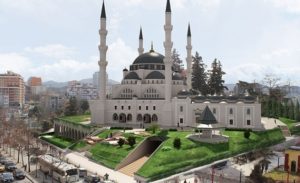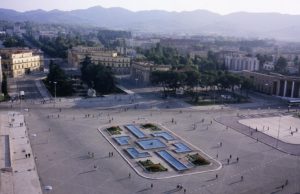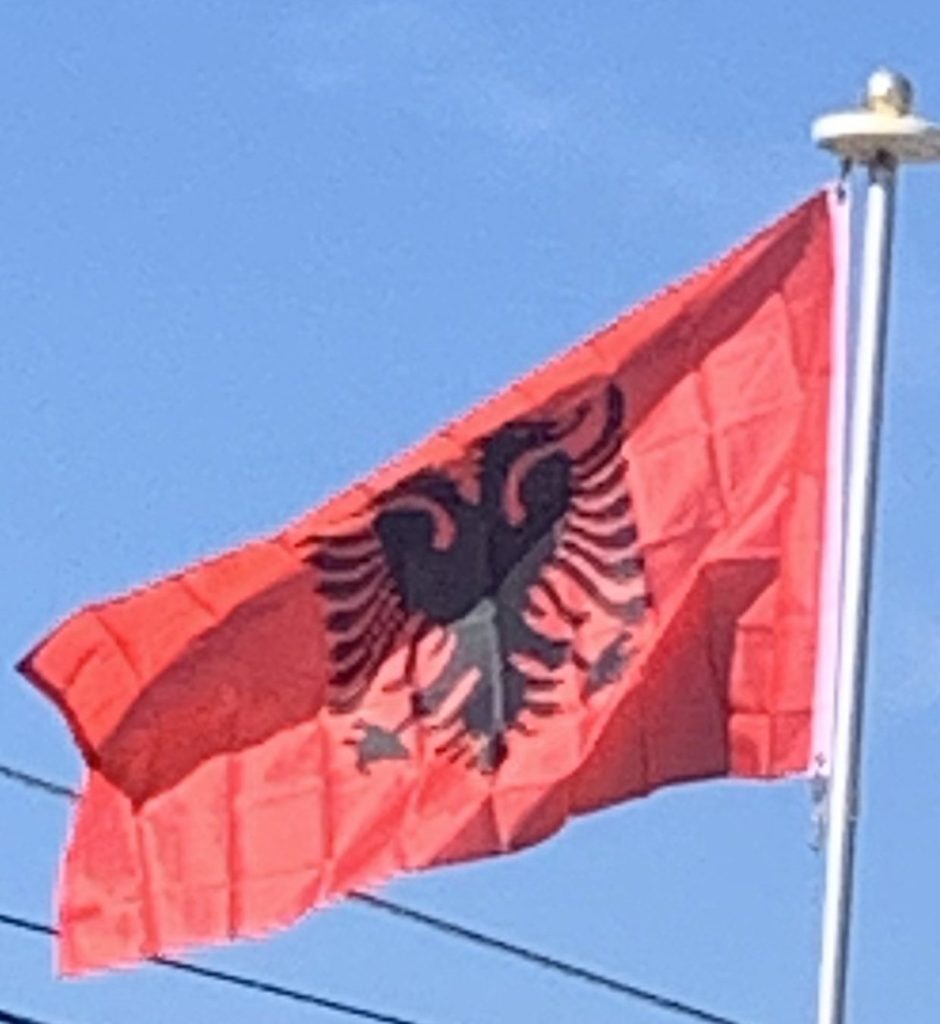Today a secular state without any official religion, religious freedoms and practices were severely curtailed during the communist era with all forms of worship being outlawed. In 1945, the Agrarian Reform Law meant that large swaths of property owned by religious groups were nationalized, mostly the waqfs along with the estates of mosques, tekkes, monasteries and dioceses. Many believers, along with the ulema and many priests, were arrested and executed. In 1949, a new Decree on Religious Communities required that all their activities be sanctioned by the state alone.

After hundreds of mosques and dozens of Islamic libraries, containing priceless manuscripts were destroyed, Hoxha proclaimed Albania the world’s first atheist state in 1967. The churches had not been spared either, and many were converted into cultural centers for young people. A 1967 law banned all fascist, religious, warmongerish, antisocialist activity and propaganda. Preaching religion carried a three to ten-year prison sentence.
Nonetheless, many Albanians continued to practice their beliefs secretly. The anti-religious policy of Hoxha attained its most fundamental legal and political expression a decade later: “The state recognizes no religion”, states the 1976 constitution, “and supports and carries out atheistic propaganda in order to implant a scientific materialistic world outlook in people”.
Fourth Republic:
After forty years of communism and isolation as well as the revolutions of 1989, people and most notably students started to become politically active and consequently to campaign against the government that led to the transformation of the existing order. Following the popular support in the first multi-party elections of 1991, the communists retained a stronghold in the parliament until the victory in the general elections of 1992 led by the Democratic Party.
Considerable economic and financial resources have been devoted to the Ponzi pyramid schemes that were widely supported by the government. The schemes swept up somewhere between one sixth and one third of the population of the country. Despite the warnings of the International Monetary Fund, his excellency Sali Berisha defended the schemes as large investment firms, leading more people to redirect their remittances and sell their homes and cattle for cash to deposit in the schemes.

The schemes began to collapse in late 1996, leading many of the investors to join initially peaceful protests against the government, requesting their money back. The protests turned violent in February 1997 as government forces responded with fire. In March, the Police and Republican Guard deserted, leaving their armories open. These were promptly emptied by militias and criminal gangs. The resulting crisis caused a wave of evacuations of foreign nationals and refugees.
The crisis led both Aleksandër Meksi and Sali Berisha to resign from office in the wake of the general election. In April 1997, Operation Alba, a UN peacekeeping force led by Italy, entered the country with two goals exclusively to assist with the evacuation of expatriates and to secure the ground for international organizations. The main international organization, that was involved, was the Western European Union‘s multinational Albanian Police element, which worked with the government to restructure the judicial system and simultaneously the Albanian Police.
Contemporary:
When the communist system collapsed in 1990, Albania rediscovered foreign policy after decades of isolationism and began to develop closer ties considerably with other countries of Western Europe and the United States. At this point, its top foreign policy ambition was achieving integration into modern economic and security organizations.
